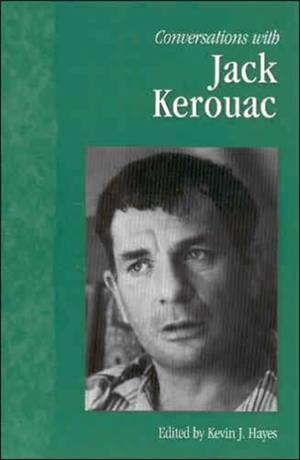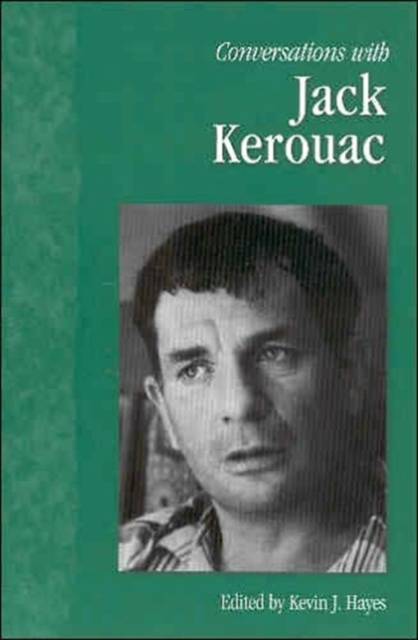
Door een staking bij bpost kan je online bestelling op dit moment iets langer onderweg zijn dan voorzien. Dringend iets nodig? Onze winkels ontvangen jou met open armen!
- Afhalen na 1 uur in een winkel met voorraad
- Gratis thuislevering in België vanaf € 30
- Ruim aanbod met 7 miljoen producten
Door een staking bij bpost kan je online bestelling op dit moment iets langer onderweg zijn dan voorzien. Dringend iets nodig? Onze winkels ontvangen jou met open armen!
- Afhalen na 1 uur in een winkel met voorraad
- Gratis thuislevering in België vanaf € 30
- Ruim aanbod met 7 miljoen producten
Zoeken
€ 36,45
+ 72 punten
Omschrijving
There are few writers about whom it can be said that they write just like they speak, but Jack Kerouac (1922-1969) is clearly one of them. In 1958, Kerouac was a struggling writer trying to create a new literary aesthetic based on the rhythms of human speech, jazz-based improvisation, autobiography, and American slang. That year saw the publication of his second novel On the Road, which would instantly propel him to fame and ensconce him in the literary establishment. By 1969, he was dead of internal hemorrhaging brought on by excessive drinking. Though his literary reputation may have faded, the revolutionary zeal of his novels and the originality of his voice ensure that his books are continually popular. Whether because of his literary merits or his status as the voice of a new generation of writers, Kerouac is the unchallenged king of the Beat generation. Conversations with Jack Kerouac features interviews ranging from 1957 to 1969, covering the breadth of the author's fame and literary output. Including a piece from the Paris Review and a confrontational interview with CBS's Mike Wallace, the collection reveals Kerouac-whether drunk or sober, erudite or infantile, guarded or convivial-as a thoughtful writer and complex thinker who resisted all labels placed on him. The interviews show how Kerouac revitalized American literature, but they also trace his artistic and physical decline. The final interviews show how much the writer had crippled himself emotionally with too much alcohol and how his art became more unfocused as a result. Ultimately, Kerouac emerges as a tragic figure whose early greatness in such books as On the Road, The Dharma Bums, and The Subterraneans was subsequently consumed by his inability to evolve aesthetically and by his reliance on substance abuse for inspiration.
Specificaties
Betrokkenen
- Auteur(s):
- Uitgeverij:
Inhoud
- Aantal bladzijden:
- 100
- Taal:
- Engels
- Reeks:
Eigenschappen
- Productcode (EAN):
- 9781578067565
- Verschijningsdatum:
- 1/04/2005
- Uitvoering:
- Paperback
- Formaat:
- Trade paperback (VS)
- Afmetingen:
- 158 mm x 227 mm
- Gewicht:
- 199 g

Alleen bij Standaard Boekhandel
+ 72 punten op je klantenkaart van Standaard Boekhandel
Beoordelingen
We publiceren alleen reviews die voldoen aan de voorwaarden voor reviews. Bekijk onze voorwaarden voor reviews.











